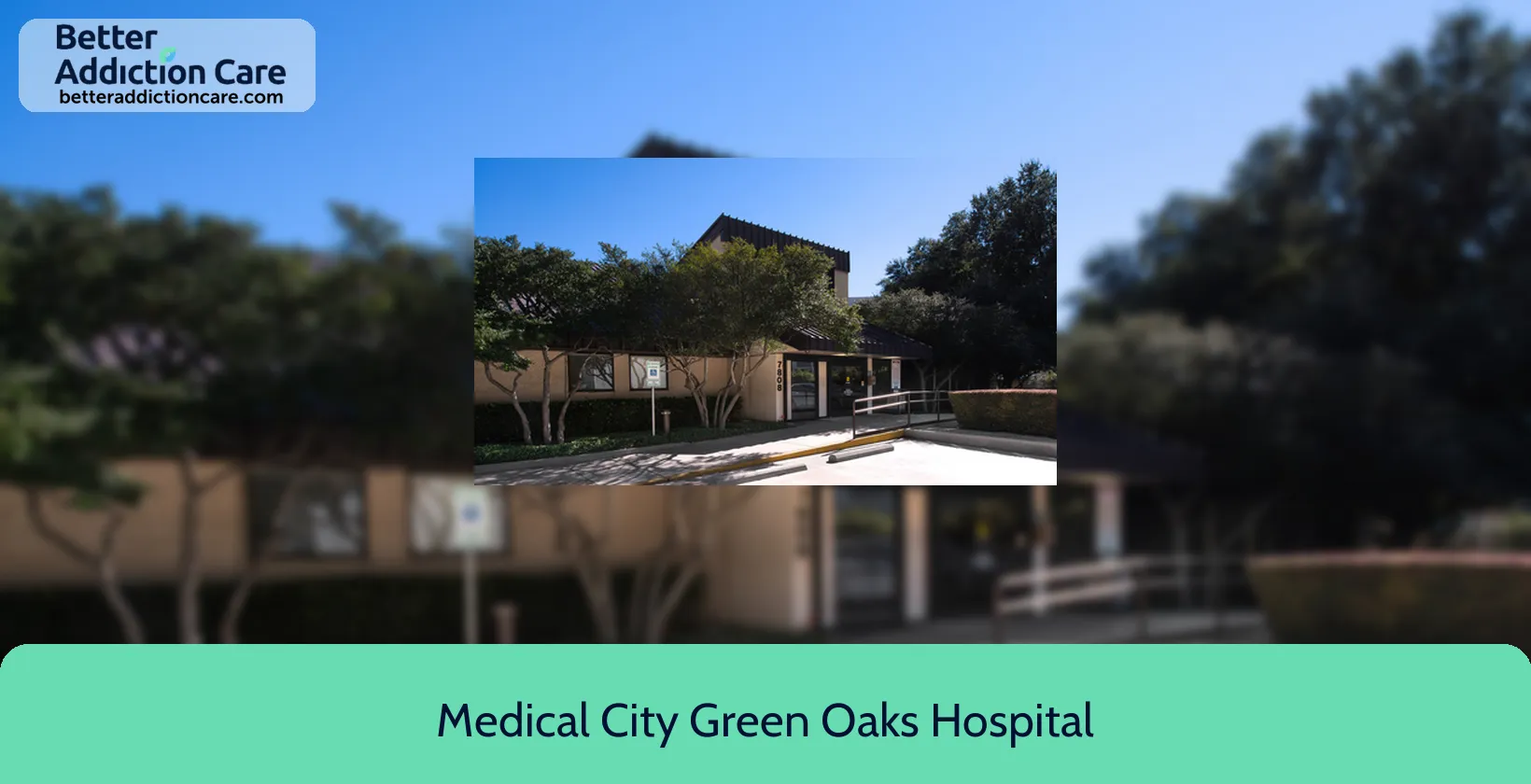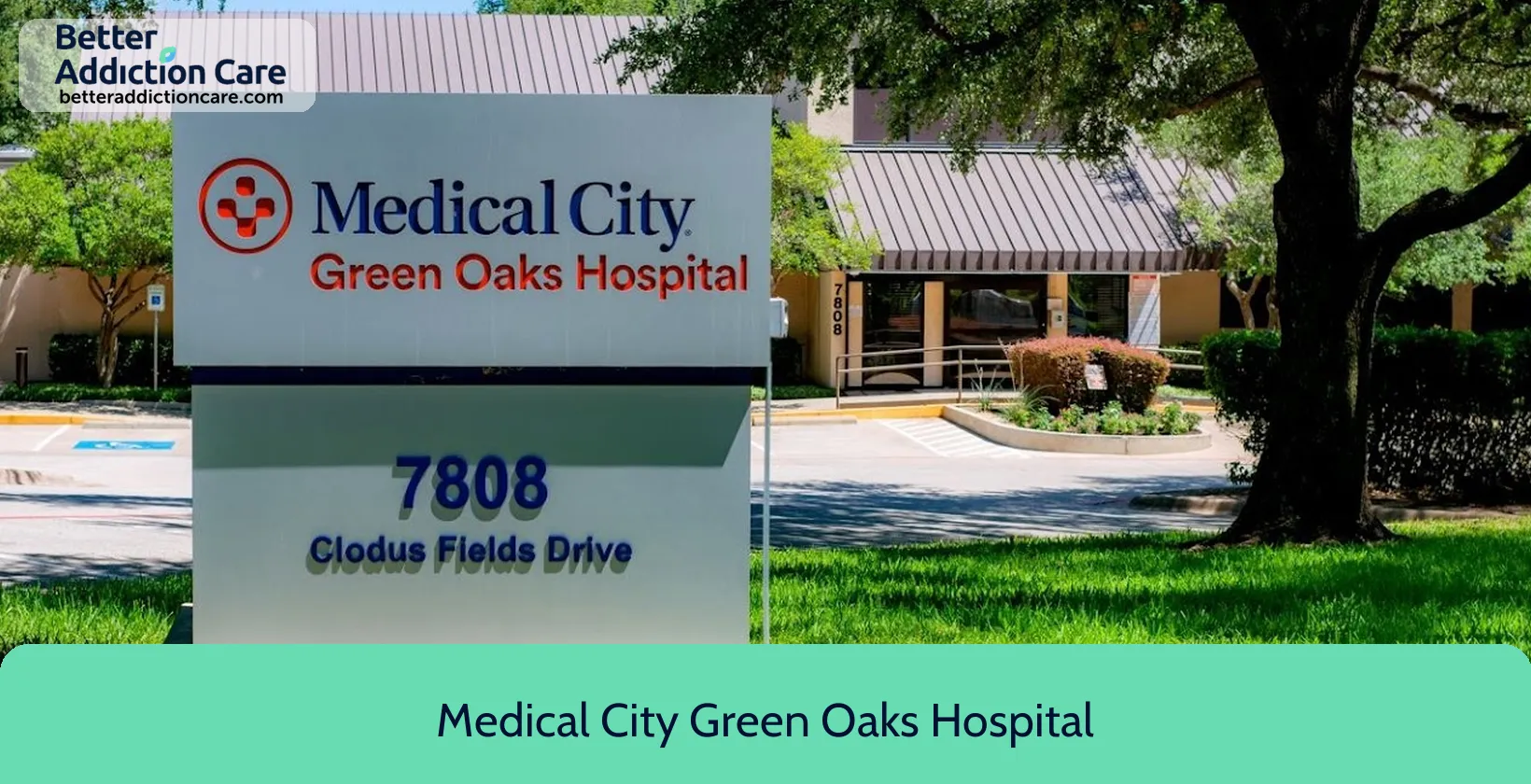Medical City Green Oaks Hospital - Plano Outpatient Services
Overview
Medical City Green Oaks Hospital, located in Plano, Texas, is a premier facility providing exceptional care for mental health conditions in both teenagers and adults. The hospital offers a walk-in service that is available 24 hours a day, 7 days a week, ensuring immediate access to care for those in need.
Patients at Medical City Green Oaks Hospital receive comprehensive treatment from a multidisciplinary team that includes psychiatrists, psychiatric nurses, and various therapists. This team approach ensures that each patient receives individualized, holistic care tailored to their specific needs.
In addition to the walk-in service, the hospital offers a range of mental health services and treatment programs designed to address a variety of psychiatric conditions. With a commitment to providing high-quality care in a supportive and compassionate environment, Medical City Green Oaks Hospital is dedicated to helping patients achieve mental wellness and improved quality of life.
Medical City Green Oaks Hospital - Plano Outpatient Services at a Glance
Payment Options
- Cash or self-payment
- Medicaid
- Private health insurance
Assessments
- Screening for tobacco use
- Comprehensive mental health assessment
- Comprehensive substance use assessment
- Interim services for clients
- Outreach to persons in the community
Age Groups
- Children/adolescents
- Young adults
- Adults
- Seniors
Ancillary Services
- Case management service
- Diet and exercise counseling
- Education services
- Family psychoeducation
- Integrated primary care services
Highlights About Medical City Green Oaks Hospital - Plano Outpatient Services
6.96/10
With an overall rating of 6.96/10, this facility has following balanced range of services. Alcohol Rehabilitation: 8.00/10, Drug Rehab and Detox: 6.00/10, Insurance and Payments: 6.00/10, Treatment Options: 7.82/10.-
Alcohol Rehabilitation 8.00
-
Treatment Options 7.82
-
Drug Rehab and Detox 6.00
-
Insurance and Payments 6.00
Accreditations
State department of health:

State Licenses, issued by government agencies, authorize rehabilitation organizations to legally operate within designated geographical areas. The specific licenses required for operation are typically determined by both the nature of the rehabilitation program provided by the facility and its physical location.
Hospital licensing authority:
The Hospital Licensing Authority is responsible for granting licenses to healthcare facilities, ensuring that they meet the standards and regulations set by the government. Accreditation is a process of evaluation and recognition by a third-party organization, confirming that the hospital meets specific quality and safety standards.
The Joint Commission:

The Joint Commission accreditation signifies that a facility has met rigorous standards of excellence in patient care, treatment, and safety. It assures individuals and healthcare professionals that the accredited facility provides high-quality, evidence-based care for addiction and mental health issues, fostering trust and confidence in their services.
Treatment At Medical City Green Oaks Hospital - Plano Outpatient Services
Treatment Conditions
- Alcoholism
- Mental health treatment
- Substance use treatment
- Co-occurring Disorders
Care Levels
- Outpatient
- Intensive outpatient treatment
- Regular outpatient treatment
- Aftercare
Treatment Modalities
- Individual psychotherapy
- Couples/family therapy
- Cognitive behavioral therapy
- Integrated Mental and Substance Use Disorder treatment
- Telemedicine/telehealth therapy
Ancillary Services
Languages
- Sign language services for the deaf and hard of hearing
Special Programs
- Clients with co-occurring mental and substance use disorders
- Clients who have experienced trauma
Get Help Now
Common Questions About Medical City Green Oaks Hospital - Plano Outpatient Services
Contact Information
Other Facilities in Plano

7.17

7.51
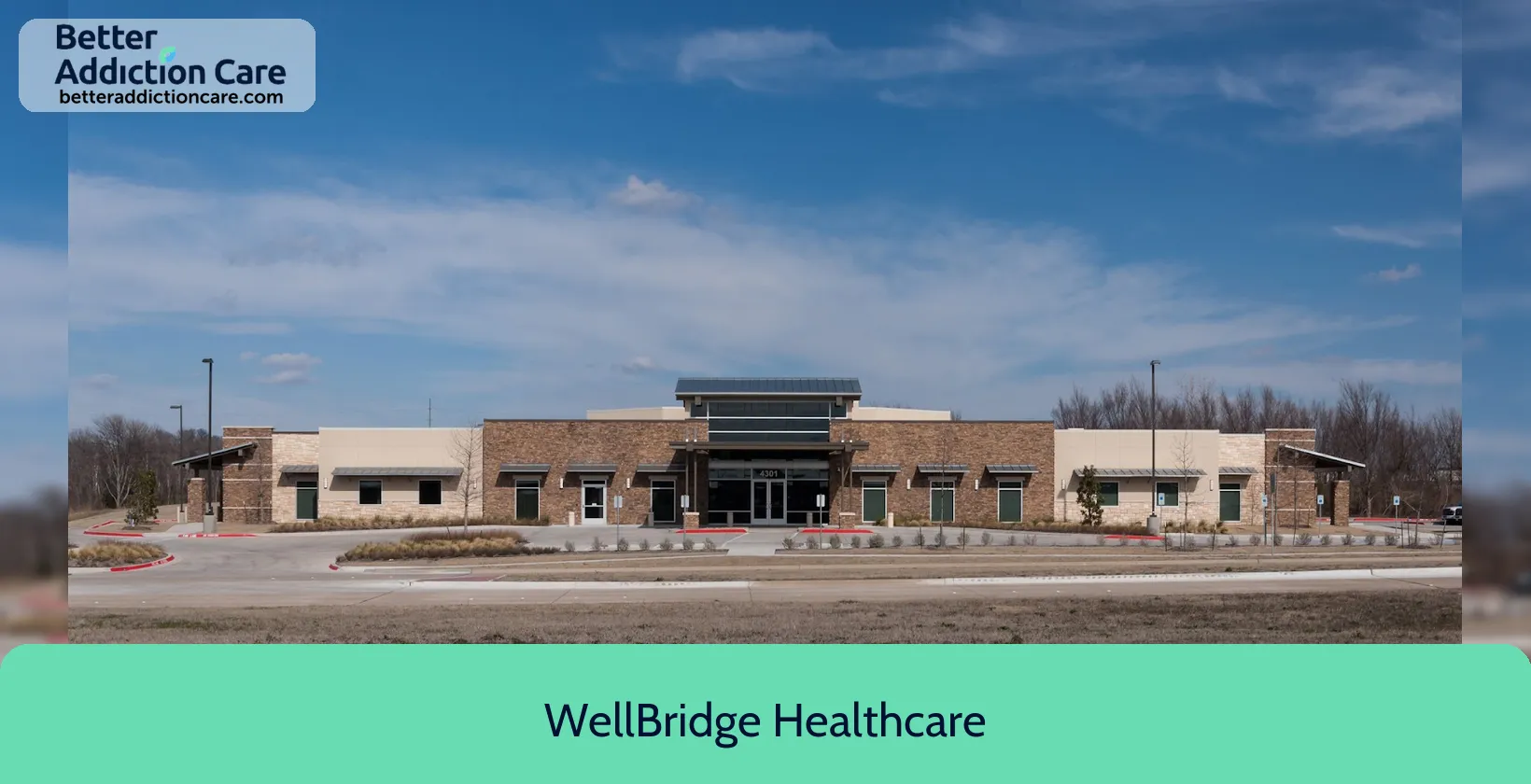
6.71
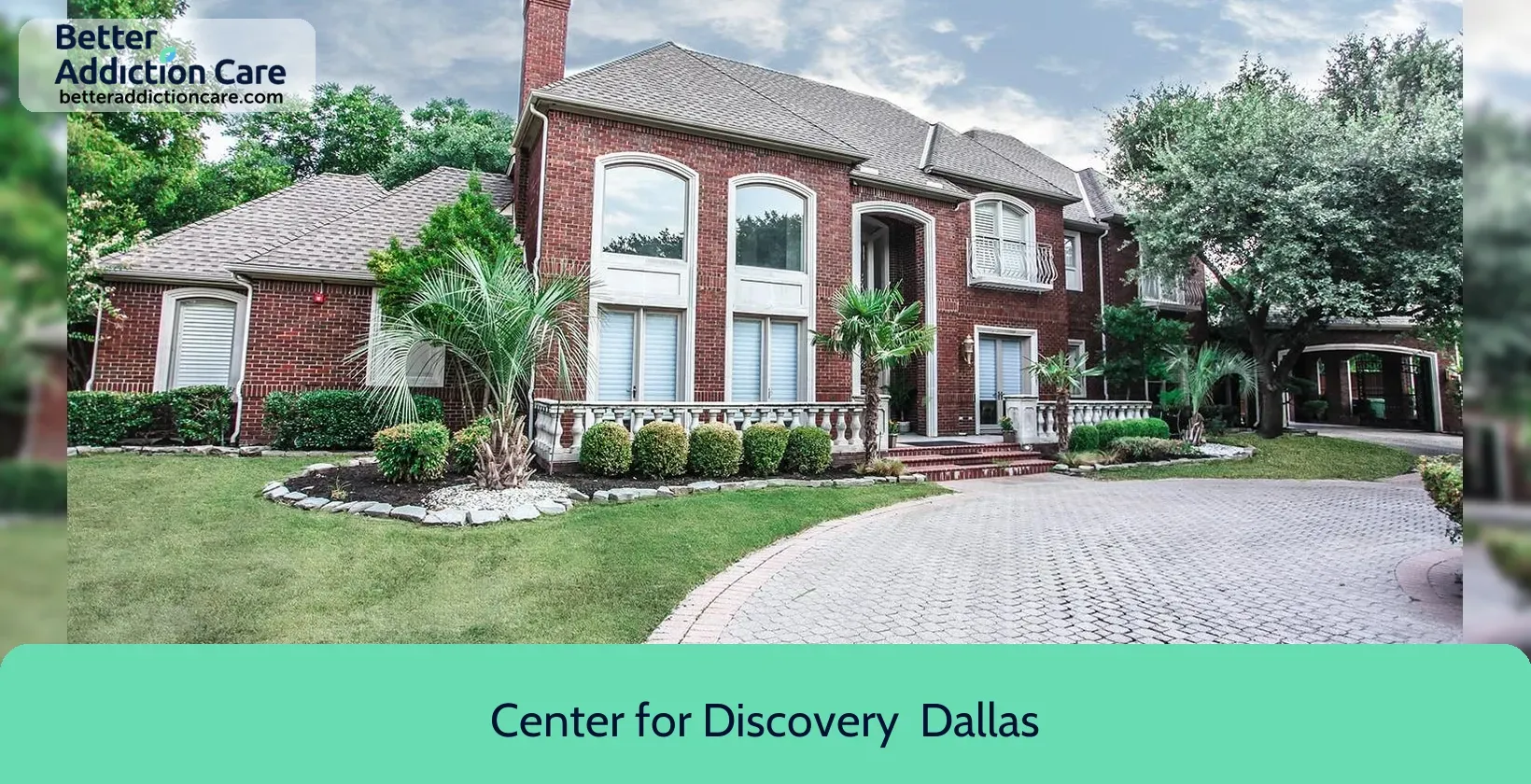
6.59
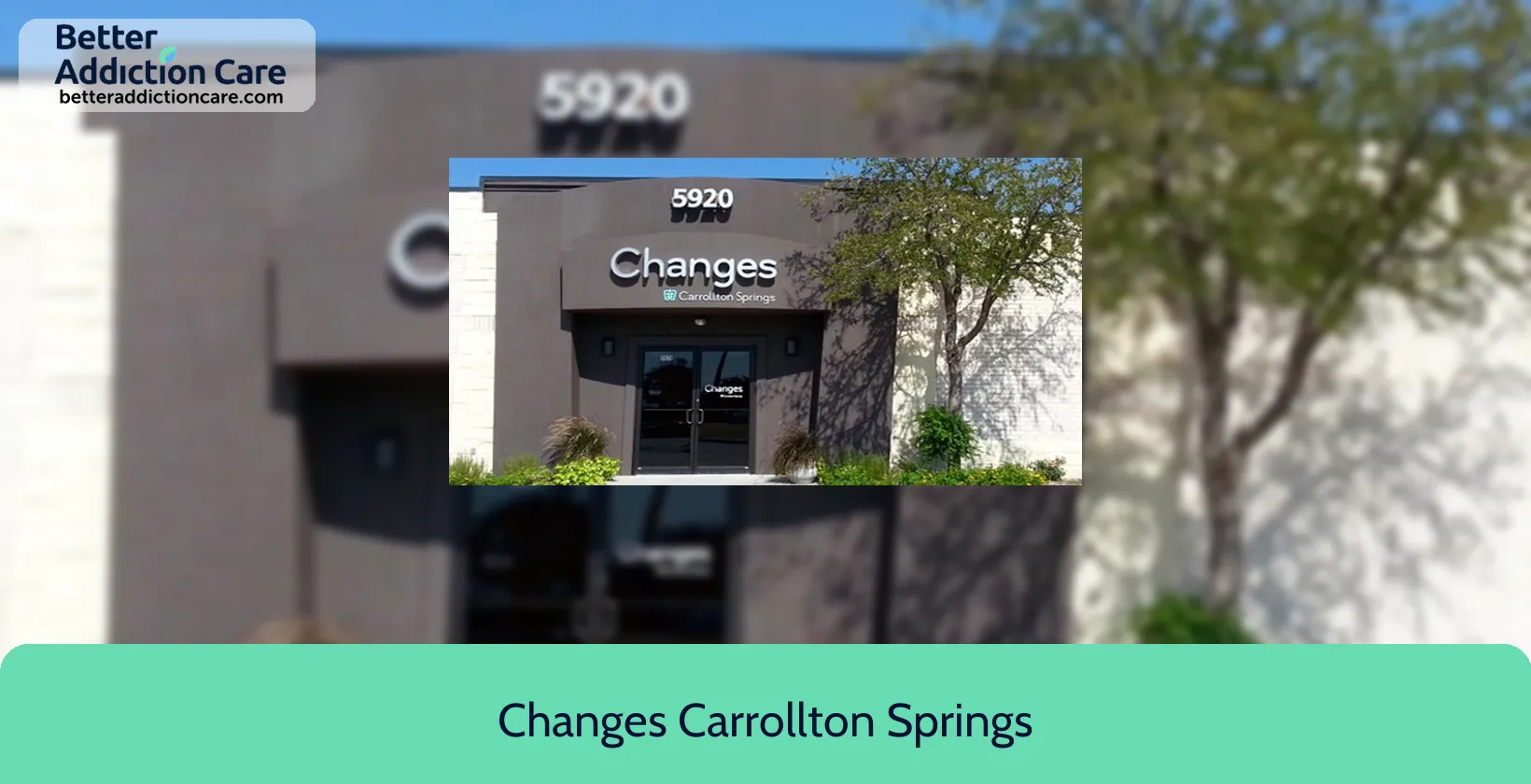
6.75

6.85
DISCLAIMER: The facility name, logo and brand are the property and registered trademarks of Imagine Programs, and are being used for identification and informational purposes only. Use of these names, logos and brands shall not imply endorsement. BetterAddictionCare.com is not affiliated with or sponsored by Imagine Programs.
